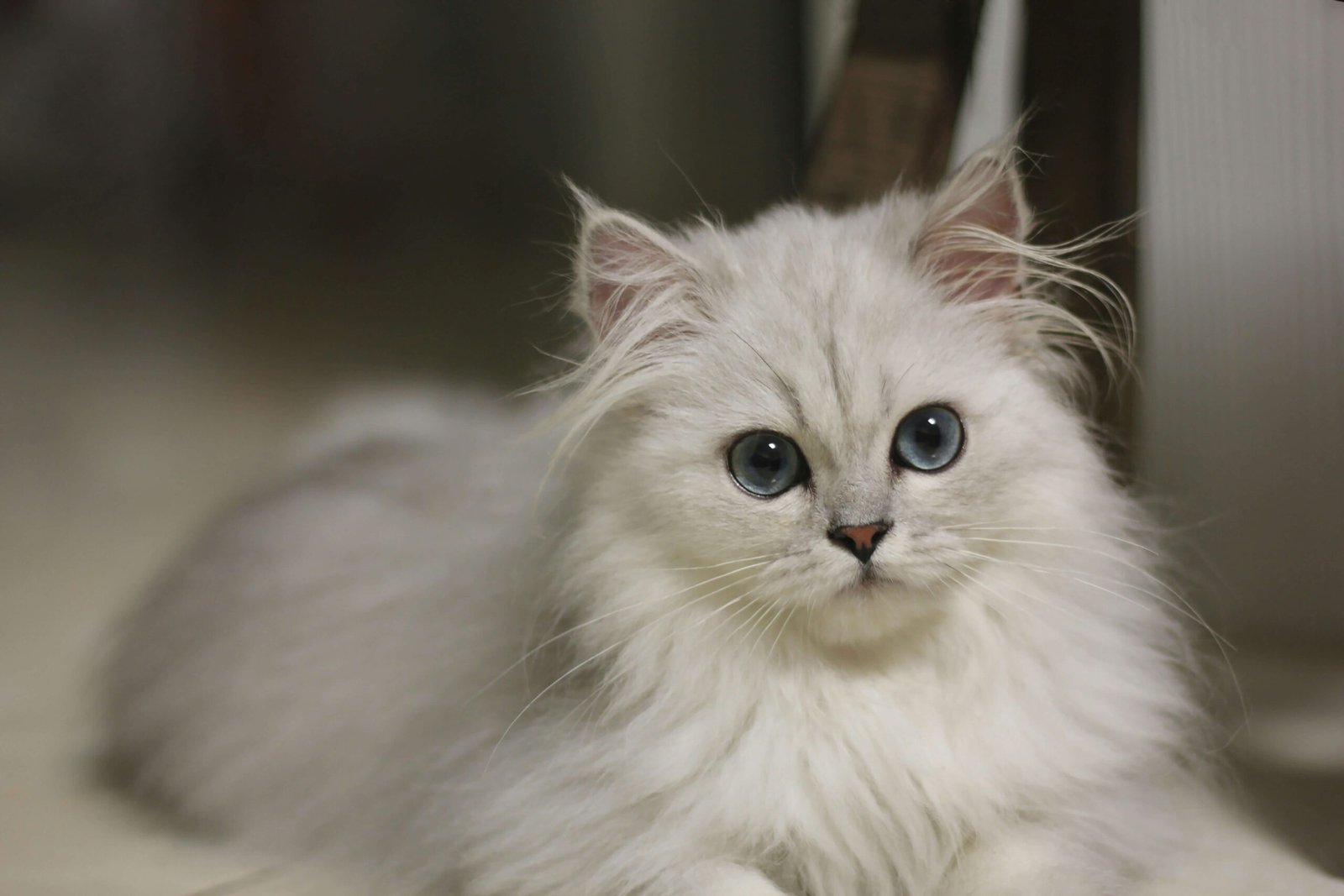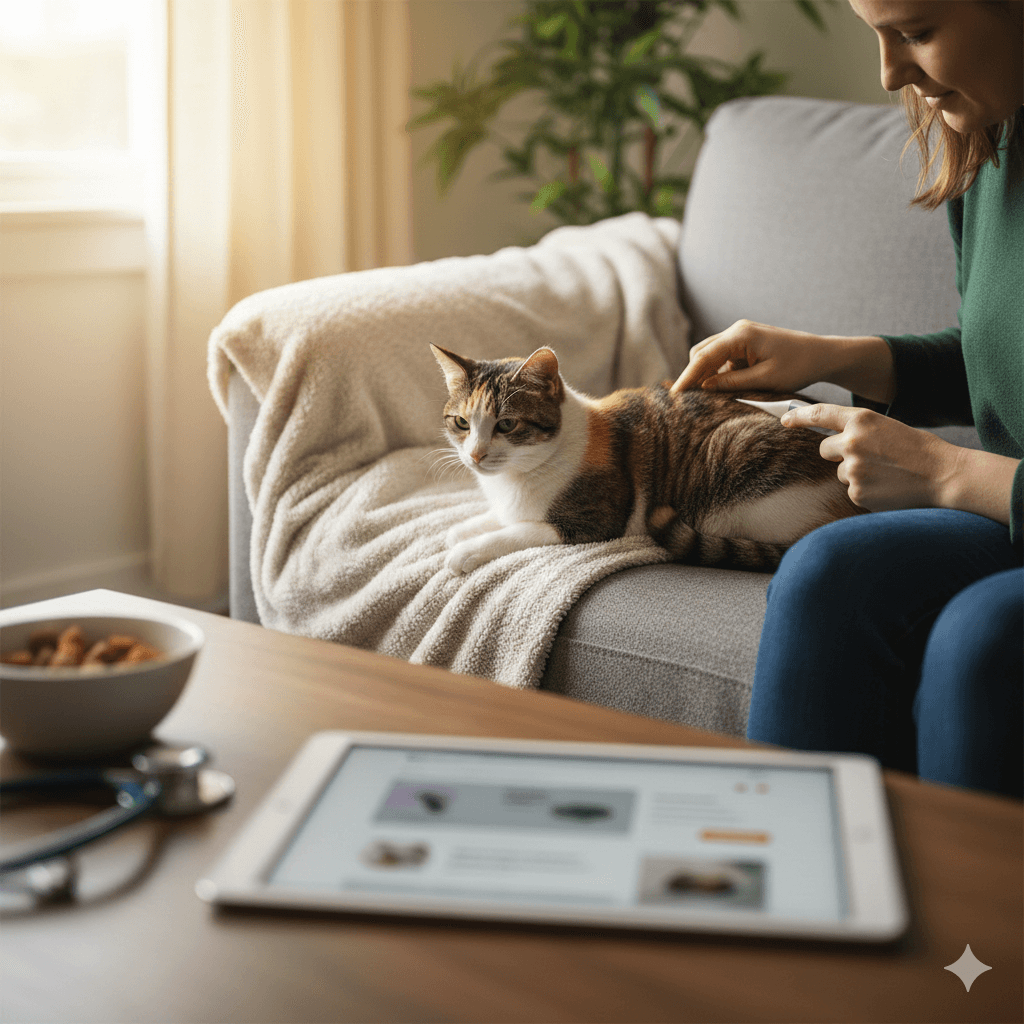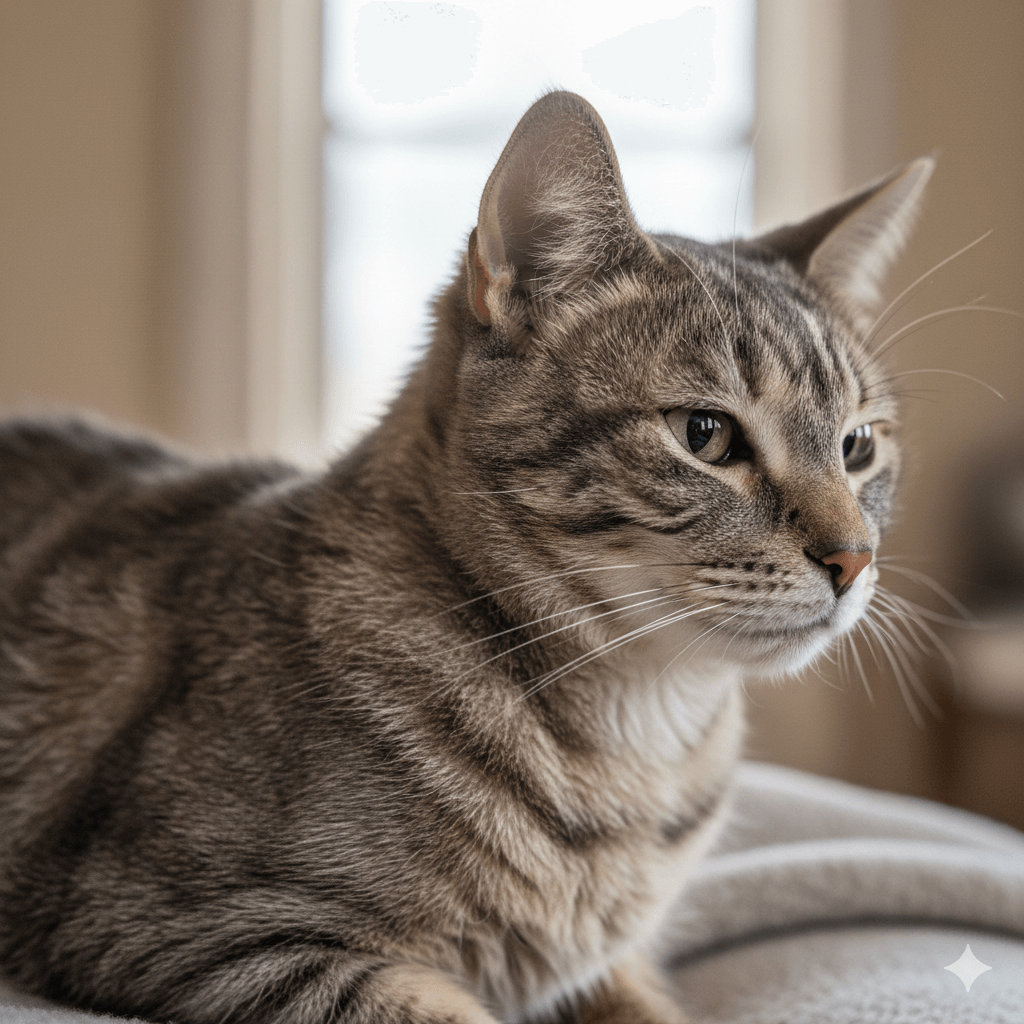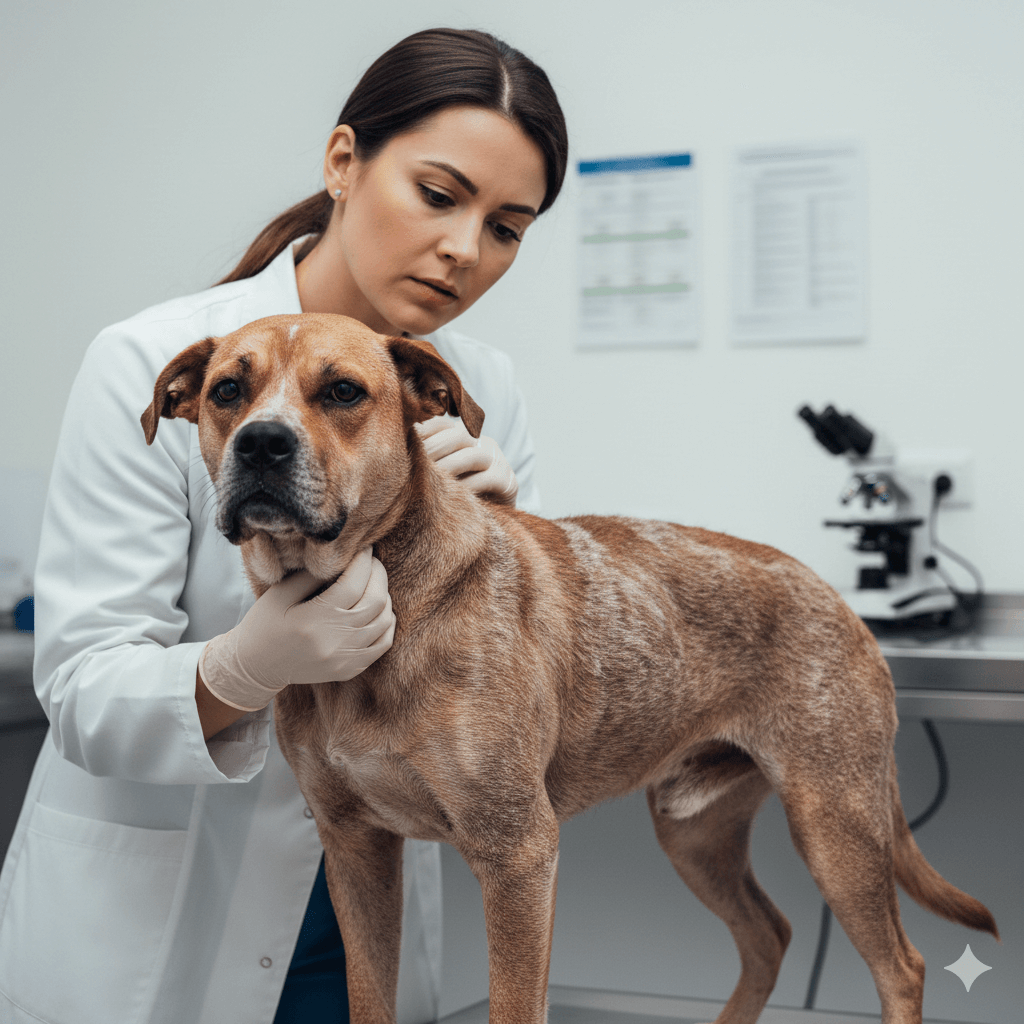Why Did My Cats Tooth Fall Out? Understanding the Basics
If you’re a cat owner, you might have experienced the unsettling moment when you notice your furry friend’s tooth has fallen out. While it may seem alarming at first, losing teeth can be a natural part of a cat’s life—especially if they are kittens or seniors. However, it’s essential to understand the reasons behind this occurrence and whether it requires veterinary attention. In this blog post, we’ll explore everything you need to know about why your cat’s tooth fell out, how to care for them during this time, and what steps you can take to ensure their dental health remains in tip-top shape.
Common Reasons Why Your Cat’s Tooth Fell Out
Cats can lose teeth for various reasons, ranging from natural growth processes to underlying health issues. Here’s a breakdown of the most common causes:
Kitten Teething:
Kittens typically lose their baby teeth between 3 and 6 months of age as their adult teeth grow in.Periodontal Disease:
Gum infections or severe plaque buildup can lead to tooth loss in adult cats.Trauma or Injury:
Accidents, fights with other animals, or chewing on hard objects can cause teeth to fall out.Nutritional Deficiencies:
A lack of essential nutrients like calcium or vitamin D can weaken teeth and bones.Feline Odontoclastic Resorptive Lesions (FORL):
This painful condition causes the tooth structure to break down, leading to eventual tooth loss.
Understanding these causes will help you determine whether your cat’s tooth loss is normal or a sign of something more serious. If you’re unsure, consulting a veterinarian is always the safest option.
Signs That Your Cat May Be Experiencing Dental Issues
While finding a lost tooth might be the first clue, there are other signs that could indicate your cat is dealing with dental problems. Keep an eye out for the following symptoms:
Bad Breath:
Persistent foul odors from your cat’s mouth can signal infection or decay.Difficulty Eating:
Cats may avoid food or eat gingerly if their teeth hurt.Drooling:
Excessive drooling can occur due to pain or inflammation in the mouth.Swollen Gums:
Red, inflamed gums often accompany dental diseases like gingivitis.Pawing at the Mouth:
Cats may paw at their face or rub it against surfaces to relieve discomfort.
If you notice any of these signs alongside a lost tooth, it’s crucial to investigate further. Early detection and treatment can prevent complications down the line.
Check this guide 👉Understanding the Cost of Cat Tooth Extraction: Best 7 Tips!
Check this guide 👉Top 4 Best Cat Toothbrushes for Ultimate Dental Care!
Check this guide 👉Top 5 Best Cat Toothpaste Options for Optimal Oral Health!
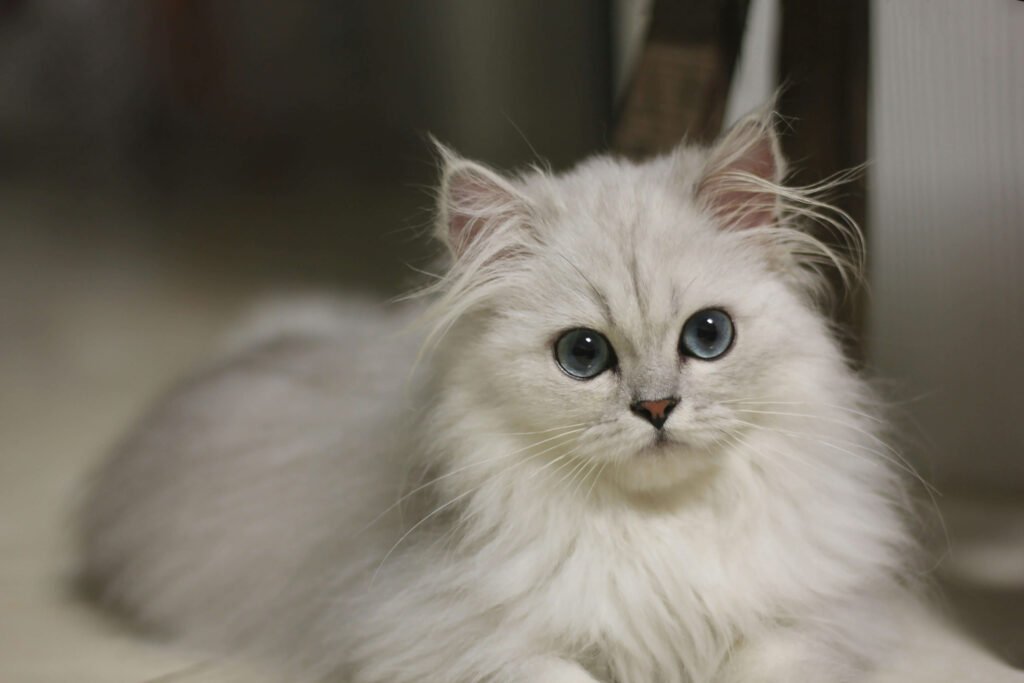
Signs of Dental Issues | Possible Causes |
|---|---|
Bad breath | Periodontal disease or tooth decay |
Difficulty eating | Loose or missing teeth |
Drooling | Painful gums or oral infections |
Swollen gums | Gingivitis or FORL |
Pawing at the mouth | Discomfort or trauma |
How to Care for Your Cat After Losing a Tooth
When your cat loses a tooth, proper aftercare is vital to ensure their comfort and recovery. Follow these steps to support your feline friend:
Monitor Their Behavior:
Observe your cat closely for changes in appetite or behavior.Provide Soft Food:
Offer soft or wet food to make eating easier while their gums heal.Maintain Oral Hygiene:
Gently clean their remaining teeth with a pet-safe toothbrush and paste.Schedule a Vet Visit:
Even if the tooth loss seems minor, a professional check-up is recommended.Avoid Hard Toys:
Temporarily remove hard chew toys or objects that could irritate their gums.
By taking these measures, you can help your cat recover smoothly and minimize the risk of future dental issues.
Preventive Measures to Protect Your Cat’s Teeth
Prevention is always better than cure when it comes to dental health. Incorporating these habits into your cat’s routine can reduce the likelihood of tooth loss:
Regular Brushing:
Establish a habit of brushing your cat’s teeth several times a week.Dental Treats:
Provide treats specifically designed to promote oral hygiene.Routine Vet Check-Ups:
Schedule annual dental exams to catch problems early.Balanced Diet:
Feed your cat high-quality food rich in essential nutrients.Watch for Warning Signs:
Stay vigilant for symptoms like bad breath or difficulty eating.
By prioritizing preventive care, you can keep your cat’s teeth strong and healthy for years to come.
Recognizing Normal vs. Abnormal Tooth Loss
Tooth loss in cats can sometimes be perfectly normal, but other times it may signal an underlying issue. Understanding the difference is crucial for ensuring your cat’s well-being. Here are some key distinctions to keep in mind:
Age Considerations:
Kittens lose their baby teeth naturally between 3 and 6 months of age.Adult Tooth Loss:
Adult cats should not lose teeth unless they have a medical condition or injury.Accompanying Symptoms:
Look for signs like bleeding gums, swelling, or difficulty eating alongside tooth loss.Previous Dental History:
Cats with a history of dental issues may be more prone to abnormal tooth loss.Veterinary Diagnosis:
Only a vet can confirm whether tooth loss is normal or problematic.
By paying attention to these factors, you’ll be better equipped to determine whether your cat’s tooth loss requires immediate action or is simply part of their natural development.
Home Remedies to Support Your Cat’s Oral Health
While professional veterinary care is essential, there are also simple home remedies you can use to support your cat’s oral health. These practices can complement professional treatments and promote overall wellness.
Coconut Oil Rubs:
Applying a small amount of coconut oil to your cat’s gums can reduce inflammation.Herbal Mouth Rinses:
Pet-safe herbal rinses can help freshen breath and soothe irritated gums.Chilled Teething Toys:
For kittens, chilled toys can relieve discomfort during teething.Dietary Adjustments:
Adding omega-3 fatty acids to their diet can improve gum health over time.Hydration Focus:
Ensure your cat drinks plenty of water to flush out harmful bacteria.
These home remedies can be gentle yet effective ways to support your cat’s oral health, but always consult your vet before trying new treatments.
Long-Term Strategies for Feline Dental Wellness
Maintaining your cat’s dental health isn’t just about addressing immediate concerns—it’s about implementing long-term strategies that prevent future problems. Consistent habits can make a world of difference in your cat’s quality of life.
Daily Inspections:
Make it a habit to check your cat’s mouth regularly for redness, swelling, or unusual odors.Professional Cleanings:
Schedule annual dental cleanings to remove plaque and tartar buildup.Interactive Playtime:
Encourage play that doesn’t involve chewing on hard objects to protect their teeth.Supplemental Care:
Consider adding dental supplements to their diet for added protection.Education for Owners:
Stay informed about feline dental health through trusted resources and vet advice.
By adopting these long-term strategies, you’ll not only address current dental issues but also create a foundation for lifelong oral wellness.
Frequently Asked Questions About Cat Tooth Loss
Is it normal for my cat to lose teeth?
Yes, kittens naturally lose their baby teeth as adult teeth grow in. Adult cats, however, should not lose teeth unless there’s an underlying issue.
What should I do if my cat’s tooth falls out?
Monitor your cat for signs of pain or infection, provide soft food, and schedule a vet visit to rule out serious conditions.
Can poor nutrition cause tooth loss in cats?
Yes, deficiencies in key nutrients like calcium can weaken teeth and contribute to loss.
How can I prevent periodontal disease in my cat?
Regular brushing, dental treats, and routine vet visits can significantly reduce the risk of gum disease.
Are certain breeds more prone to dental issues?
Yes, some breeds, such as Siamese and Abyssinians, are more susceptible to dental problems like FORL.
Final Thoughts: Supporting Your Cat’s Dental Health
Losing a tooth can be a stressful experience for both you and your cat, but understanding the causes and knowing how to respond can make all the difference. By staying informed and proactive, you can ensure your cat enjoys a lifetime of happy, healthy smiles. Remember, regular care and attention to their dental needs are key to preventing future issues. So, give your furry companion the love and care they deserve—because a healthy cat is a happy cat!
How to Check Your Cat for a Fever: Best 7 Expert Tips! – Learn the signs, safe temperature checks, and when to see a vet. Keep your feline healthy and happy!
How to Check Your Dog for a Fever: Best 7 Expert Tips! – Learn the signs, safe temperature checks, and when to see a vet if your dog has a fever.
Hypothyroidism and Its Impact on Cat Skin: Best 7 Tips! – Discover how hypothyroidism affects your cat’s skin, spot symptoms early, and learn effective care strategies to keep your feline healthy.
Hypothyroidism and Its Impact on Dog Skin: Best 7 Tips! – Discover how hypothyroidism affects your dog’s skin, spot symptoms early, and learn effective care strategies to restore their health.

